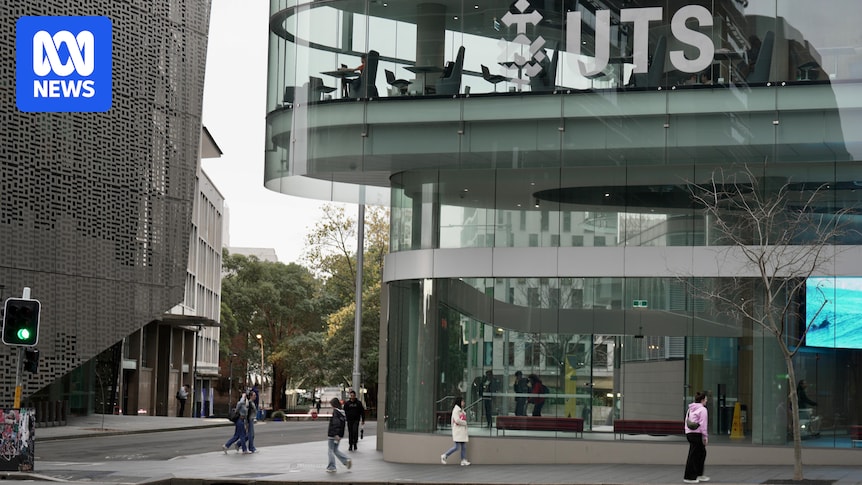
The University of Technology Sydney (UTS) has announced a significant restructuring plan that will see the closure of its schools of education and public health. This multi-million-dollar initiative will result in the elimination of more than 1,100 subjects and 134 full-time jobs. The announcement comes as part of a broader strategy to save $100 million and address financial challenges exacerbated by the COVID-19 pandemic.
UTS had previously disclosed plans to cut 400 jobs as a cost-saving measure. In its updated proposal, released on Wednesday, the university outlined its intention to merge its trans-disciplinary and business schools into a newly formed Faculty of Business and Law. This change will reduce the number of schools from 24 to 15, leading to the discontinuation of 167 courses, including 1,101 subjects.
The $100 Million Bid to Return to Surplus
The restructuring is part of UTS’s plan to reduce expenditure by $100 million by 2026, aiming to return to a surplus after five consecutive years of deficits. Vice-Chancellor Andrew Parfitt attributed the financial strain to policy restrictions on domestic and international student enrollments, which have limited revenue growth.
“UTS is focused on achieving a sustainable future where students can continue to get the quality of education they expect, and we can continue to deliver research outcomes for the communities that benefit from our work,” Professor Parfitt stated. “Our commitment to public education and focus on the student experience is paramount.”
Restructure Sparks Calls for Greater Scrutiny
The proposed changes have sparked criticism and calls for increased oversight. Vince Caughley, from the National Tertiary Education Union, described the proposal as “poorly managed” and questioned the decision to cut essential education and health programs amid a shortage of professionals in these fields.
“At a time when health and education have never been more important, when there is a shortage of teaching and health professionals in the community, it seems curious that a public institution would make this decision and be allowed to make this decision,” Caughley said.
He argued that UTS management is not prioritizing public needs and called for renewed governance. Caughley emphasized that the university is not facing an imminent financial collapse, yet the scale of the cuts is substantial.
Greens Deputy Leader and spokesperson for Higher Education, Mehreen Faruqi, also criticized the restructuring as an “absolute disgrace,” highlighting the impact on staff, students, and the community.
“As per usual, it is the staff, students, and the wider community that will bear the brunt of terrible management decisions, while those making them continue to be rewarded with exorbitant salaries and lavish benefits,” Faruqi said. “Overhauling university governance is absolutely urgent.”
NSW Government in Contact with Vice Chancellor
The New South Wales Department of Education has expressed concern over the potential impact on the state’s teaching pipeline. Secretary Murat Dizdar emphasized the importance of maintaining a strong and viable teaching workforce.
“Teaching is the profession that creates every single other profession, it’s so important for the state’s social and economic fabric,” Dizdar stated. “As we’re grappling with a national and international teacher shortage, we need every graduate we can get entering the profession.”
Dizdar confirmed he had been in contact with the UTS vice-chancellor regarding the proposal, urging a careful review of the teacher and education courses. The proposal will undergo a consultation period until October 15, with any approved changes set to take effect in 2026.
The move represents a significant shift in UTS’s educational offerings and raises questions about the future of public education and the role of universities in addressing societal needs. As the consultation period progresses, stakeholders will be closely watching the university’s next steps.






